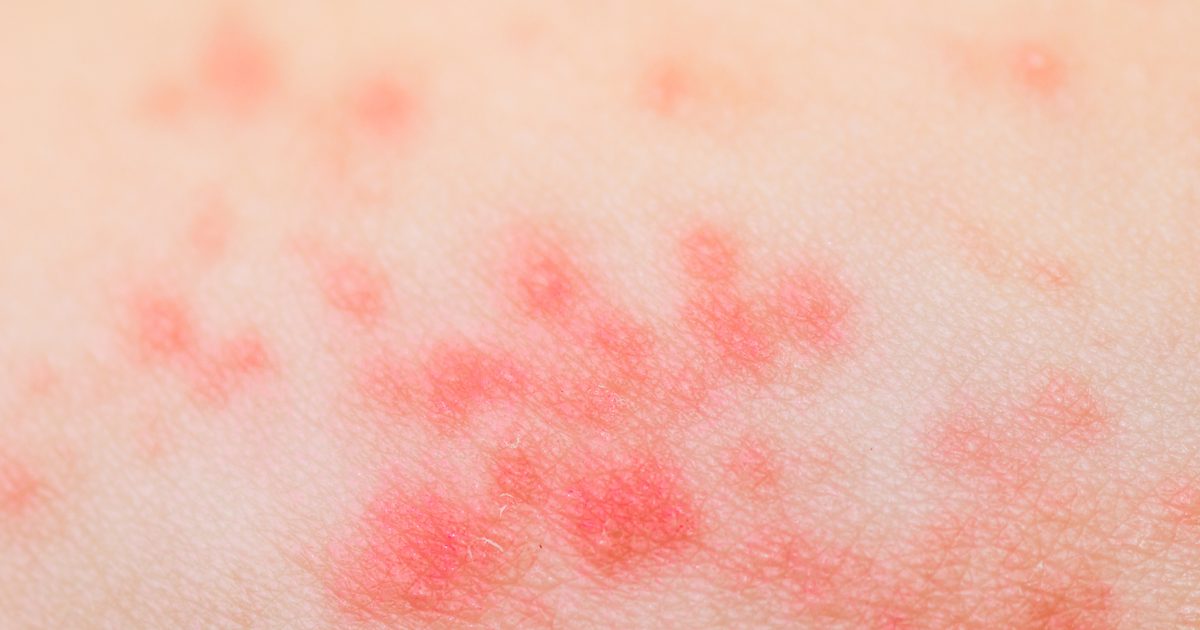Side Effects Of Calcium Channel Blockers
Rash or Flushing

Taking calcium channel blockers could sometimes result in a rash or flushing, although this is fairly rare. Among patients taking a type of calcium channel blocker known as amlodipine, rashes or flushing occurred in only one to two percent of cases. Generally, the rash associated with a calcium channel blocker will be a maculopapular rash with both flat and raised areas and skin discoloration. Flushing is often mild, but it might appear like a sunburn in some individuals. Patients may want to take a photo of any rash or flushing to show to their doctor, and it can be helpful to photograph any changes. Most skin rashes related to calcium channel blockers will resolve on their own within a few days. However, some patients using this medication could develop a potentially serious skin condition known as erythema multiforme. This condition is considered an allergic reaction, and it involves raised, red lesions, painful blisters, and itchy nodules. This type of skin issue could progress to a skin infection and the potential death of skin tissue. To reduce the risk of these complications, patients who notice any changes to their skin while on this medicine should have a prompt examination.
Learn more about the potential side effects of calcium channel blockers now.
Increased Appetite

Increased appetite occurs frequently in patients who use this medication, and it may result in weight gain. Patients might notice they eat more than usual during mealtimes, and they might also start having snacks more often during the day. Some individuals could also eat substantially more at night. To reduce the risk of weight gain from increased appetite, it may help to avoid having sweets or other tempting foods in the house and to base meals around fruits, vegetables, legumes, and whole grains. Eating these nutrient-dense foods could help patients feel full for longer, and avoiding fast food and processed food is recommended. Patients might wish to keep a food diary, and monitoring weight regularly could help in making dietary adjustments. A nutritionist can help with healthy meal planning, and patients troubled by appetite changes should speak to their doctor about switching to another medication.
Keep reading to understand more side effects linked to taking calcium channel blockers now.
